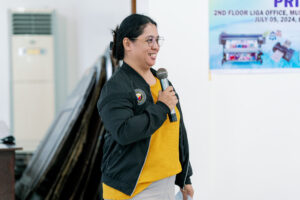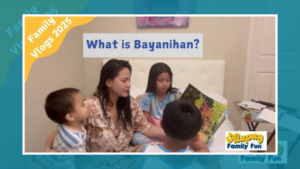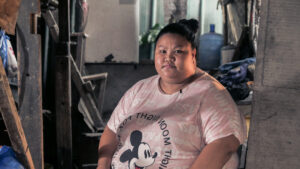“Don’t move!”
Jose Reyes saw a shadow in the tall rice stalks.
He thought of the news of the death of a fellow rice farmer in the neighboring town who had been bitten by the naja naja, the famous Philippine cobra that lives in the rice fields, feeding off rats.
His 12-year-old son, Eduard, stood perfectly still, waiting to breathe. He knew better than to ignore a warning from any of his older relatives when working in the fields.
As Jose squinted in the bright sunlight, he realized that it was only a shadow.
“False alarm.” He sighed in relief.
Eduard relaxed, smiled, and went back to harvesting the stalks with his machete.
Today, they were reaping the stalks and putting them into piles for threshing. It was very physically demanding and labor-intensive work. The threshing wasn’t that much better.
Luckily, the owner of the field had provided them with a threshing machine. It was much better than slapping the long stalks onto slats of wood by hand to remove the rice grain, but they still had to feed it into the machine and keep it unclogged by hand.
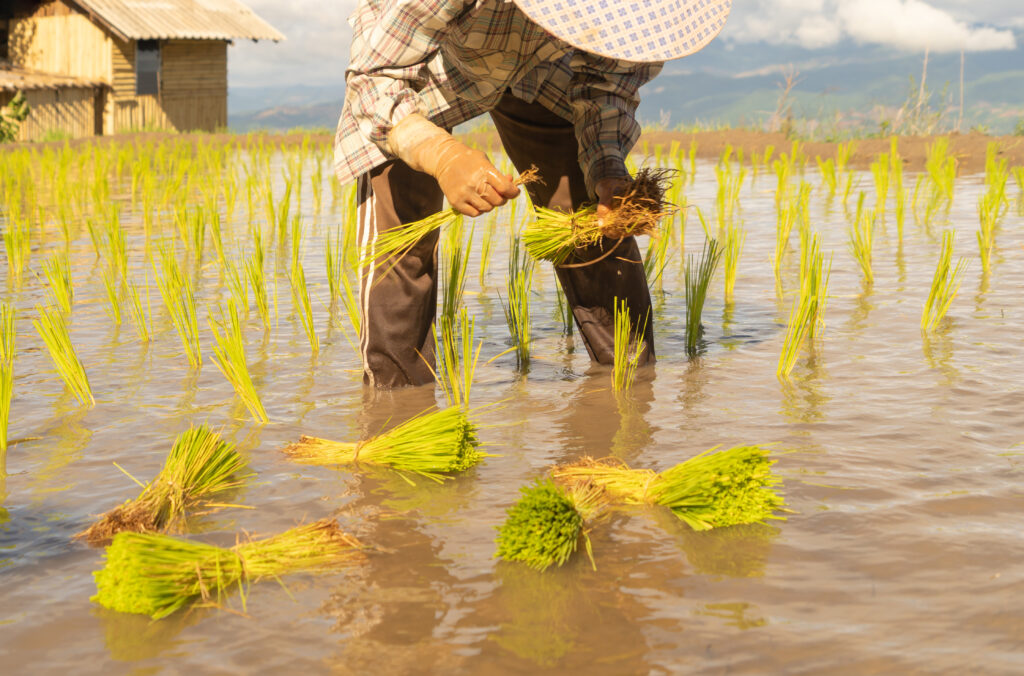
By the end of the process, they were usually covered in rice grains. They wore long sleeve shirts and hats, but it was still pretty itchy.
The owner of the land paid for all the seedlings, fertilizers, and tools, but their job was to provide all the labor, from planting to harvesting.
For every 10 bags of rice produced, Jose’s family got to keep just 1. It was just not enough to live off.
He had already requested a cash advance payment from the landowner 3 months ago and is not even sure if he is going to make any more money off of this harvest or if even worse-he might still owe money.
If Eduard had been bitten, there was nothing they could have done. Jose would do anything for his son, but the hospital was miles away and there was no way they could get there in time across the dirt roads.
He certainly didn’t have a car, that was only for the elite. He didn’t even have a motorcycle. When you don’t own the land and are only a worker, it’s hardly enough to even survive.
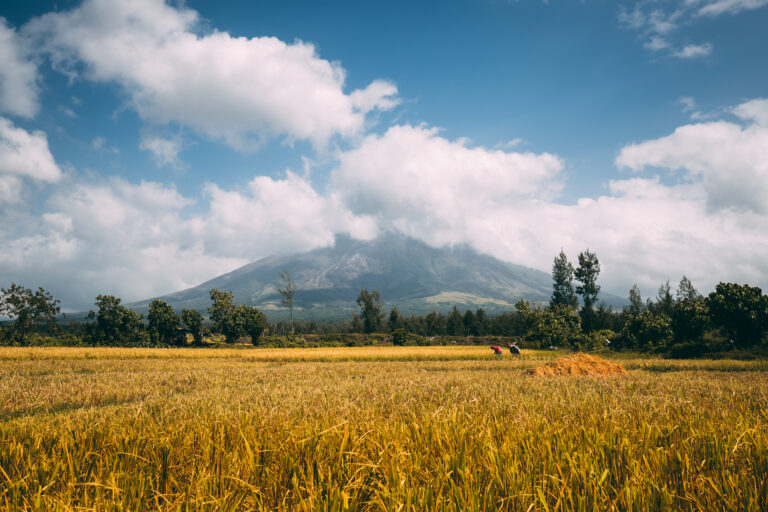
Certainly, they didn’t have enough money to pay the $10 transportation fee to get to the hospital even if they could get there in time.
Living on $6 dollars a day made savings something far out of reach. They considered themselves blessed if they were able to eat twice in one day. Maybe neighbors could scrounge a few pesos here and there to donate, but it would never be enough.
Jose wished more for Eduard, but it just wasn’t possible.
Eventually, Jose learned that his local church was partnering with Pure Bayanihan to provide additional livelihoods for families and asking for suggestions.
He knew the answer right away.
Goats.
All they ate was grass and would thrive in this region. A pair of goats could give birth to many offspring and provide food and extra money for their family and the entire community. When he learned he would be nominated to be a recipient, he was one of the first to pledge to give away his firstborn baby goat to a neighboring family to help uplift the community.
Maybe Eduard’s future would be different after all.

